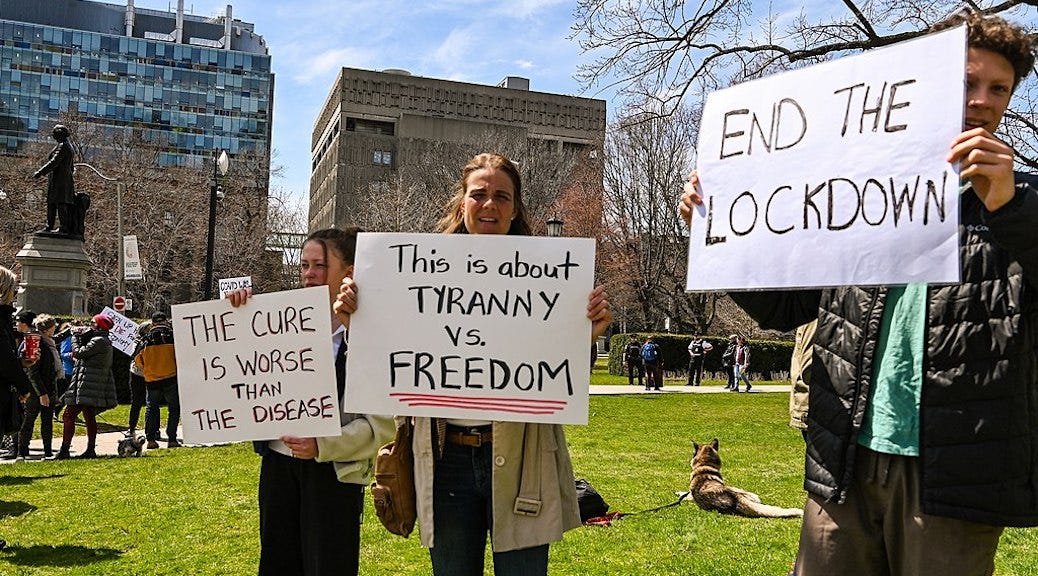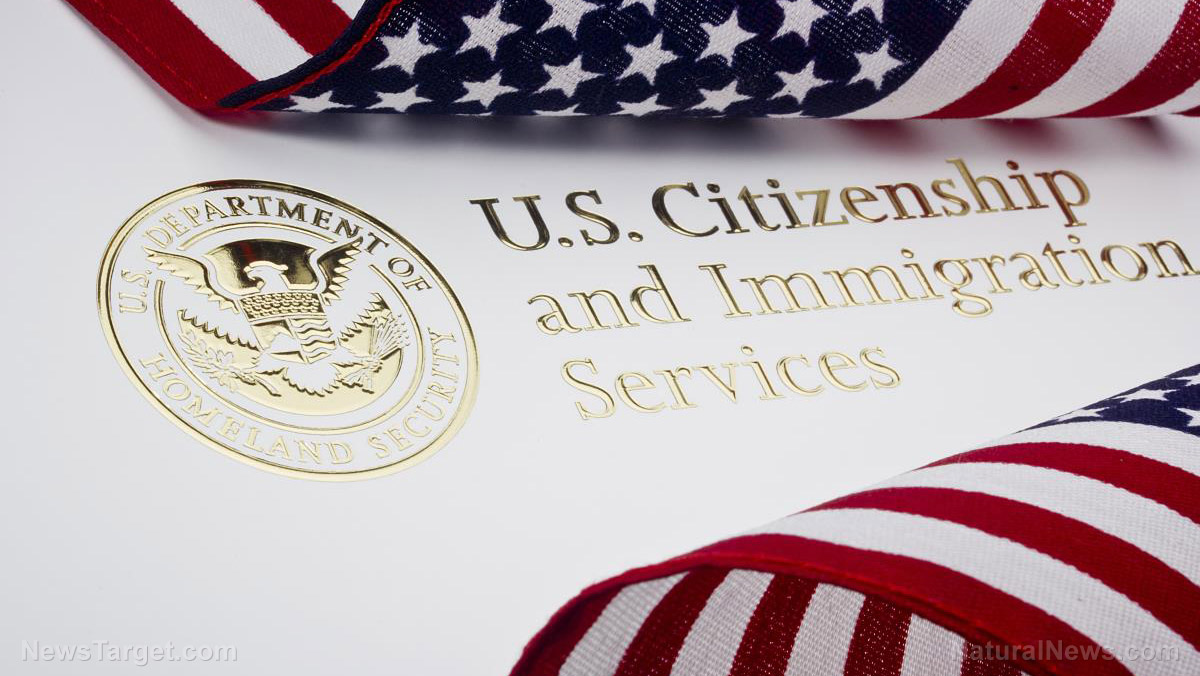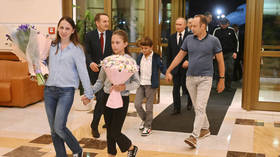4 Years Later: Never forget what they did to us
Some thoughts on forgiveness, pandemic amnesty, and the path forward.
It’s now been four years since the International Committee on Taxonomy of Viruses met in February of 2020 and adopted the official name "severe acute respiratory syndrome coronavirus 2" (SARS‑CoV‑2).
The sane masses now agree that there was nothing particularly severe about the Wuhan sniffles, but at this point four years ago, we were witnessing the the beginning of a viral avalanche that was set to wreak havoc upon human civilization.
While it was initially advertised as the “pandemic of the century,” it quickly became clear to level-headed observers that there wasn’t in fact anything to worry about.
The issue, of course, is that those of us in the level-headed camp were in a tiny minority, especially early on in 2020.
Everyone else was Freaking. The. Heck. Out.

If you’re a subscriber to The Dossier, you can probably relate to the feeling of isolation in this time of derangement.
When everyone else was hiding in their homes, begging some degenerate politician to protect them via authoritarian “protective measures,” we were laughing at the stupidity of it all while simultaneously infuriated by the idiocy and naïveté.
Statistically speaking, it was indeed just another Flu season, but it was accompanied by endless streams of fearmongering propaganda, infused with purposeful mayhem.
While we can debate whether the crisis was manufactured or organic, the people in charge decided to heed Rahm Emmanuel’s famous words: “never let a crisis go to waste.” The global ruling class weaponized “the pandemic” to loot their respective treasuries and to launch the fastest roll up of power in human history. Hundreds of millions of lives and livelihoods were destroyed, and a virus had nothing to do with it.
This brings us to the continuing question of “pandemic amnesty.” How are we supposed to deal with the people and institutions that, just a couple of years ago, were demanding the removal of our rights (and sometimes succeeding in these efforts) for failing to fall in line with the Covid regime?
This morning, I found myself looking into the Substack and X archives of the early years of “pandemic” commentary. I highly recommend you take a trip down memory lane. Not to reminisce, but to remember what the people in charge did to us, and to remember how our colleagues, acquaintances, neighbors, friends, and even family members acted in this time of manufactured and/or organic crises.
It’s also a good time to remember that courage is a unique trait that separates the man from the mob. I will always appreciate those who stood with us in these dark times, as we waged a moral and intellectual campaign to defend our freedoms in the face of Covid tyranny.
“Moral courage can be lonely indeed. People don’t mind being trapped, as long as no one else is free. But stage a break, and everybody else begins to panic.” - William Deresiewicz When I look back at the times of Covid hysteria, I think most about outliers and rule followers, and what separates courageous people from cowards.
The Covid era was when many revealed their true selves, their true principles, and their true nature. It reminds me of when George W. Bush said in 2008, after bailing out Wall Street, that he had to “abandon free-market principles to save the free-market system.” In other words, when push came to shove, he didn’t really believe in the principles he claimed to uphold. There were many, many such cases of ideological malfeasance during the Covid era.
And sadly, it wasn’t just the politicians that failed the humanity test. In my case, having not yet departed the Washington, D.C. swamp until late 2020, it was, for quite some time, EVERYONE around me.
So how exactly do we tackle the issue of pandemic amnesty?
Some have suggested that an amnesty could be granted for the first several weeks and months, imposing a specific timeline for criminal, political, and moral forgiveness.
I still haven’t decided how to fully approach that topic and its weighty moral foundations. Nonetheless, the one thing we might be able to agree on is the need to never forget.
We can never forget what they did, and we must continue to archive the era that forced everyone to flip over their true cards.


